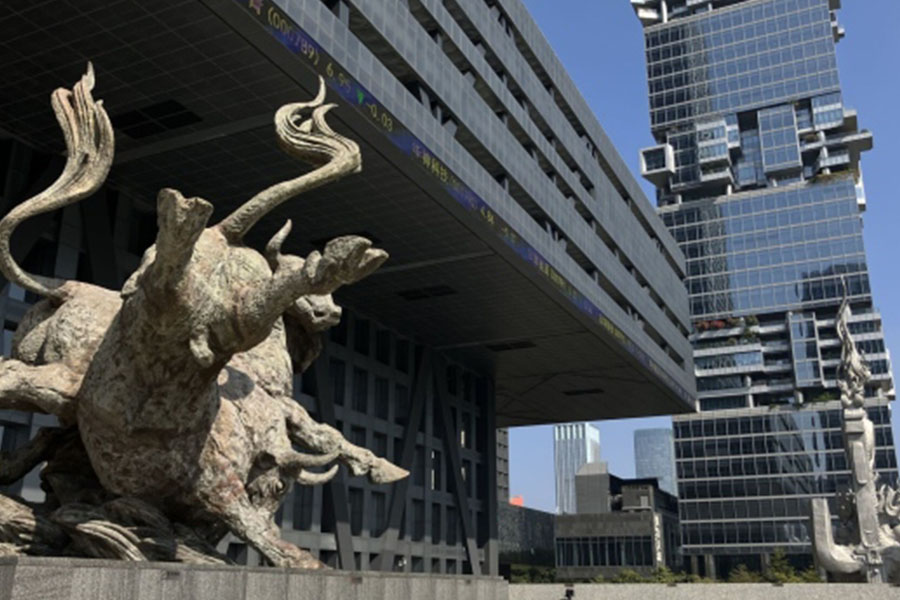China’s Citic Securities Suspends Short Selling Amid Market Decline

China’s largest brokerage, Citic Securities Co., is said to have suspended short selling for a few clients in mainland markets. The decision was taken amidst a deepening decline in the nation’s stocks, confirmed sources.
On the condition of anonymity, Citic Securities stopped the lending of stocks to individual investors and heightened requirements for institutional clients earlier this week. Notably, “window guidance” from regulators is also one of the reasons behind the sudden move.
Chinese stocks have continued their downward trajectory this year, showing no signs of abating after a tumultuous 2023. The Shanghai Composite Index is experiencing its most challenging start to a year since 2016. While the extent of brokerages restricting short sales remains unclear, this move underscores authorities’ determination to stabilize the market. Earlier attempts, such as state intervention through the purchase of bank shares, failed to bolster investor sentiment.
In a possible bid to boost stock prices, trading activity in certain major exchange-traded funds surged on Thursday, indicating potential buying by state institutions.
Beijing has a track record of limiting short selling during periods of market volatility to prevent a downward spiral in stocks. As recently as October, regulators tightened rules on short selling to stem market declines.
However, historical precedent suggests that such strategies may not always yield the desired results. During the stock boom and subsequent bust cycle in 2015, China restricted short-selling in an effort to curb “abnormal fluctuations” driven by day traders. Despite these measures, the market continued its downward trajectory in the following months.
The regulatory measures implemented in October, coupled with a subsequent order in November for brokerages to cap the size of their securities lending businesses, also failed to reverse the trend of declining stocks. Data indicates that the value of shares sold short has plummeted by 61% from its 2021 peak to 67 billion yuan ($9.3 billion) as of Wednesday, marking its lowest level since August 2020, with a slight uptick observed on Thursday.
On Thursday, the benchmark Shanghai Composite Index fell below the psychologically significant level of 2,800 to its lowest point since April 2020 before staging a partial recovery by the close. In contrast, Japanese stocks witnessed a rally, driven by frenzied ETF purchases by Chinese investors. As a result, the market capitalization gap between China and Japan has narrowed to its lowest level since July 2020.







